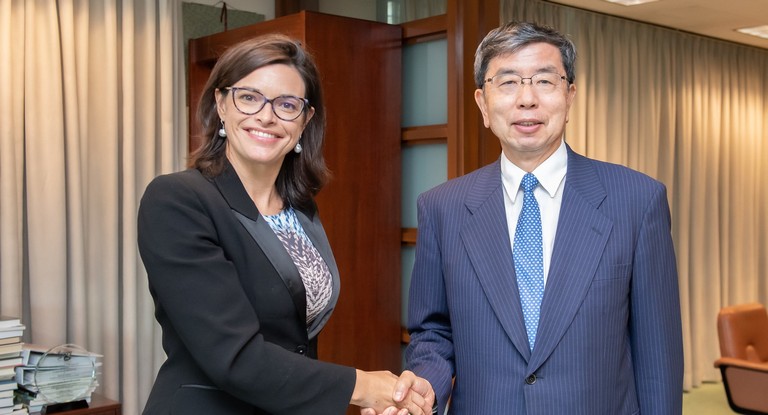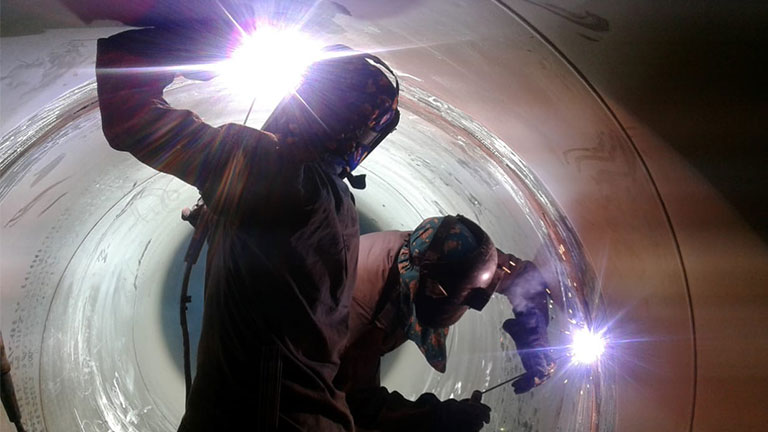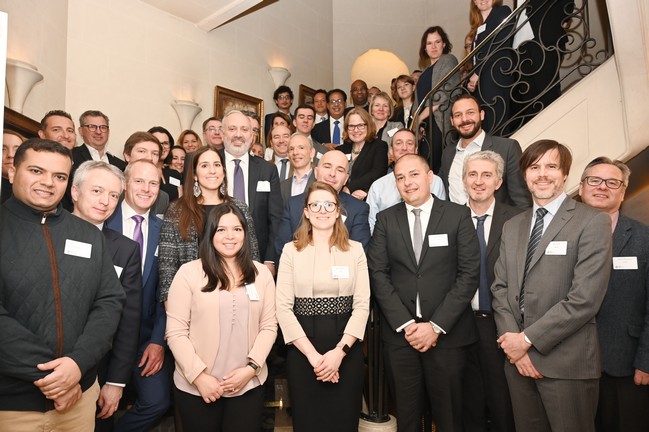1109 results found
Featured results



More results
RAND researchers used a six-step scenario development process to develop two thought-provoking scenarios that address the future of mobility in the US in 2030. Three driving forces caused one path to emerge over another: (1) the price of oil, (2) the development of environmental regulation, and (3) the amount of highway revenues and expenditures.
What might one expect for the future of mobility in China in 2030? Mobility is defined as the ability to travel from one location to another, regardless of mode or purpose. RAND researchers used a six-step scenario development process to develop two thought-provoking scenarios that address this question.
India’s project preparation framework is steered by its line ministries and sub-national governments, who are adopting a streamlined and systematic approach to project development. The capacity of public institutions to plan, prepare and deliver infrastructure projects is central to effective infrastructure development.
 Project Preparation Tool
Project Preparation Tool
 Introduction: Laying the foundations and charting a way forward
Introduction: Laying the foundations and charting a way forward
 Enabling environment: what are the prerequisites required to facilitate the preparation of quality infrastructure projects?
Enabling environment: what are the prerequisites required to facilitate the preparation of quality infrastructure projects?
 Financing project preparation: how can governments effectively utilise project preparation financing sources?
Financing project preparation: how can governments effectively utilise project preparation financing sources?
 What are the benefits of well-planned and prioritised infrastructure investment?
What are the benefits of well-planned and prioritised infrastructure investment?
 How do you translate a concept into a bankable project?
How do you translate a concept into a bankable project?
 How should governments communicate projects?
How should governments communicate projects?
 Project Preparation in Indonesia – how has the government attracted private participation?
Project Preparation in Indonesia – how has the government attracted private participation?
On 9 June 2019, the G20 Finance Ministers and Central Bank Governors endorsed new G20 Principles for Quality Infrastructure Investment at their meeting in Fukuoka, Japan.
Although Indonesia’s PPP regulations date back to 2005, initially the number of actual project transactions between the government and private sector was very limited. The private sector’s interest in Indonesian projects was constrained by three main factors; the low quality of project preparation, low financial feasibility of projects (particularly those related to the determination of tariffs) and uncertainty related to the political risk of projects.
 Project Preparation Tool
Project Preparation Tool
 Introduction: Laying the foundations and charting the way forward
Introduction: Laying the foundations and charting the way forward
 Enabling environment: what are the prerequisites required to facilitate the preparation of quality infrastructure projects?
Enabling environment: what are the prerequisites required to facilitate the preparation of quality infrastructure projects?
 Financing project preparation: how can governments effectively utilise project preparation financing sources?
Financing project preparation: how can governments effectively utilise project preparation financing sources?
 What are the benefits of well-planned and prioritised infrastructure investment?
What are the benefits of well-planned and prioritised infrastructure investment?
 How do you translate a concept into a bankable project?
How do you translate a concept into a bankable project?
 How should governments communicate projects?
How should governments communicate projects?
This issue focuses on Urbanization and Infrastructure Development

Interactive Tendering Guidelines (“Guidelines”), prepared for the Construction Leadership Group (“CLG”) developed to inform government and industry of best practice interactive tendering.

The USD 508.62 million CLSG Interconnector Project is a landmark cross-border project involving the construction of a transmission line of over 1,300km, with the aim to interconnect the CLSG countries’ energy systems into the West Africa Power Pool (WAPP) regional energy network.
Explore the capability of 56 countries to deliver infrastructure projects, identify priority reforms and pinpoint leading practices across infrastructure governance & institutions, regulatory frameworks, permits, planning, procurement and delivery.

Global Infrastructure Outlook allows you to explore the annual infrastructure trends, needs and gaps up to 2040 for 7 sectors, 56 countries, 5 regions and the world total.


Project preparation is a critical enabler of infrastructure development and has been identified as a key pillar in the G20 s strategic roadmap to develop infrastructure as an asset class.

The Climate and Disaster Risk Screening Tools developed by the World Bank, provide a systematic, consistent, and transparent way of considering short- and long-term climate and disaster risks in project and national/sector planning processes.

Communication throughout infrastructure project preparation should be recognised as a strategic activity. It should factor in the importance of all key stakeholder groups towards the project, tailor communicative actions to engage and inform them and foster a supportive environment.
The IMF has compiled a suite of analysis, research, diagnostic tools, country reports, data sets, and other resources on the importance of public investment as a catalyst for economic growth.

A consultative workshop on the Global Infrastructure Hub’s upcoming reference guide on Output Specifications for Quality Infrastructure was held in Paris in partnership with Mott MacDonald on 15 April.
The Inclusive Design Standards bring together what LLDC consider the best of existing good practice guidance and consolidate this in a single benchmarking document to be used as a tool by design teams. This second edition of the London Legacy Development Corporation s (LLDC s) Inclusive Design Standards (IDS), originally published in March 2013, is evidence of the positive impact and continued legacy created by the enormous success of the Olympic and Paralympic Games held in London back in the summer of 2012.

This report tells a story of an urgent need for institutional support and reform in Myanmar, improvements in the enforcement against illegal extraction of resources, behavior change in all relevant stakeholders, institutional capacity building, increased funding, and improvements in data collection and analysis. If these recommendations are acted on, then Myanmar can reverse the negative trends and lead its environment on a path toward a more sustainable future. Citation

The Infracompass explores the capability of 56 countries to deliver infrastructure projects, identify priority reforms and pinpoint leading practices across infrastructure governance & institutions, regulatory frameworks, permits, planning, procurement and delivery.













